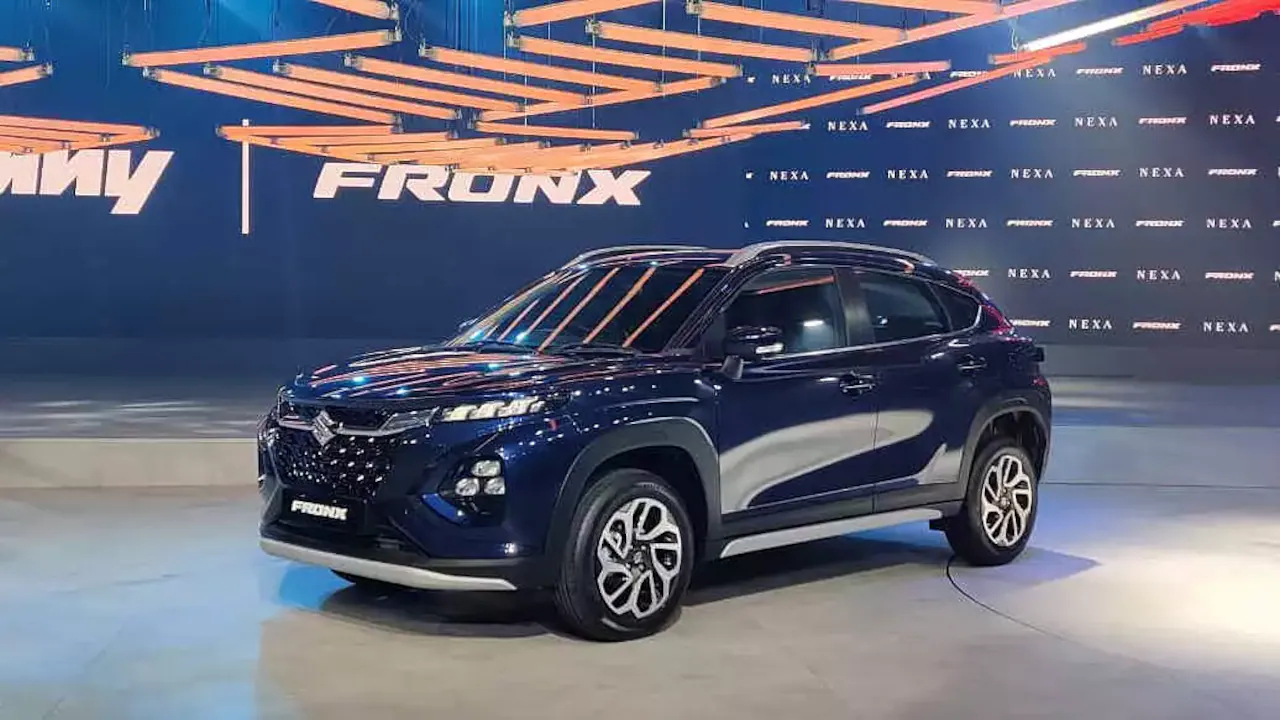Tata Nexon EV: The Indian automobile market is rapidly shifting towards electric vehicles (EVs). In 2025, many top car brands are planning to launch new electric or hybrid cars with modern features. These cars are expected to offer better performance, advanced technology, and eco-friendly driving. Let’s look at 6 exciting new cars that are all set to launch in 2025 with EV technology and smart features.
1. Tata Curvv EV
Tata Nexon EV Motors is already a big name in the EV segment. In 2025, Tata will launch the Curvv EV, a stylish electric SUV. The concept model has already created a buzz, and the production version is expected next year.
Key Features:
- Full electric range of 450-500 km
- Fast charging support
- Sharp LED lights and modern design
- Dual digital displays inside
- Expected price: ₹15-20 lakh (ex-showroom)
It will be a great choice for people who want a stylish and affordable electric SUV.
2. Hyundai Creta EV
Tata Nexon EV Hyundai will bring the electric version of its best-selling SUV – the Creta EV in 2025. This car will directly compete with Tata Nexon EV and MG ZS EV.
Key Features:
- Electric motor with high torque
- Range of 400-450 km per charge
- Smart infotainment system with ADAS
- Regenerative braking system
- Expected price: ₹18-22 lakh
With the same SUV comfort and now electric power, the Creta EV is going to be a popular choice.
3. Mahindra BE.05 EV
Mahindra is entering the electric SUV game with the bold BE.05 EV. It has a futuristic design and will be launched under Mahindra’s new electric sub-brand “BE.”
Key Features:
- Coupe-style electric SUV
- Range of over 500 km (expected)
- Level 2 ADAS features
- 12-inch infotainment screen
- Expected price: ₹22-25 lakh
This will be one of the most advanced electric SUVs from Mahindra, focusing on performance and tech.
4. Maruti Suzuki eVX
Maruti Suzuki, the largest carmaker in India, is also entering the EV space with the eVX. It will be their first all-electric SUV and is likely to launch in early 2025.
Key Features:
- Battery range: 500-550 km
- All-wheel drive option
- Futuristic exterior and spacious cabin
- Advanced driver assist system
- Expected price: ₹22-27 lakh
The eVX is built in partnership with Toyota and is expected to offer reliability and great efficiency.
5. Kia EV9
Kia is known for premium and stylish vehicles. In 2025, it plans to launch the Kia EV9, a big electric SUV with bold looks and high-tech features.
Key Features:
- 7-seater electric SUV
- Range up to 500 km
- Premium interiors with large screens
- Highway driving assist & 360-degree camera
- Expected price: ₹50-60 lakh
This will suit those looking for a premium and futuristic family EV.
6. Volkswagen ID.4
Volkswagen is also planning to enter the Indian EV market with its globally popular ID.4 electric SUV in 2025. It has already seen success in Europe and the USA.
Key Features:
- 77 kWh battery pack
- Range of 500-520 km
- Clean and modern interior
- Digital cockpit and connected features
- Expected price: ₹45-50 lakh
The ID.4 will bring German engineering and premium EV tech to Indian roads.
Quick Overview Table
| Car Model | Battery Range | Price (Expected) | Key Features |
| Tata Curvv EV | 450-500 km | ₹15-20 lakh | Stylish design, dual screens, fast charging |
| Hyundai Creta EV | 400-450 km | ₹18-22 lakh | ADAS, SUV comfort, smart tech |
| Mahindra BE.05 EV | 500+ km | ₹22-25 lakh | Futuristic look, Level 2 ADAS |
| Maruti Suzuki eVX | 500-550 km | ₹22-27 lakh | AWD option, spacious, smart drive assist |
| Kia EV9 | Up to 500 km | ₹50-60 lakh | Premium 7-seater, luxury features |
| Volkswagen ID.4 | 500-520 km | ₹45-50 lakh | Global model, digital cockpit |
Conclusion
Tata Nexon EV The year 2025 is going to be a big year for electric cars in India. All major brands like Tata, Maruti, Mahindra, Hyundai, Kia, and Volkswagen are launching new EVs with modern features. These cars will not only reduce pollution but also offer smart driving experiences with connected features, better safety, and great range.
If you’re planning to buy a new car next year, considering these upcoming EVs could be a smart move. They are future-ready, cost-saving in the long run, and loaded with the latest technology.

